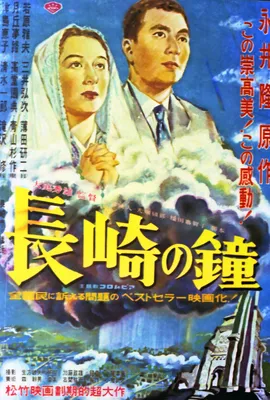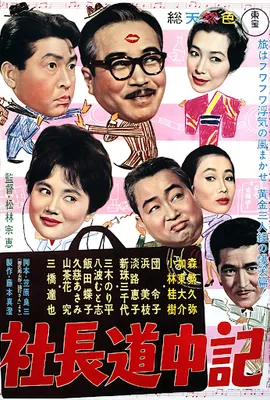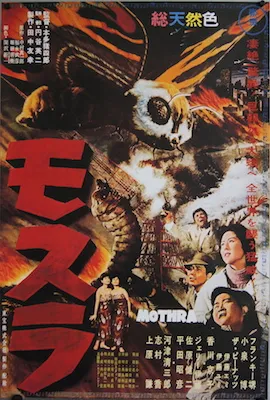Koseki Yûji
Bio
Born in Fukushima, Koseki Yûji showed early musical promise, winning a 1929 competition by Chester Music of London for his piece "The Tale of the Bamboo Cutter." This achievement led to a fan letter from Uchiyama Kinko; the two married later that year and remained together until Koseki's death.
Known as "The Japanese Sousa," Koseki was a prolific composer who wrote over 5,000 songs, including numerous fight songs for Waseda and Keio Universities and the official march for the 1964 Tokyo Olympics. For Toho, he composed the score for The Bells of Nagasaki (1950) and the comedy President's Travels (1961), but he is undoubtedly best known to film fans for his work on Mothra (1961). His score for the film, including the iconic "Mothra's Song" sung by The Peanuts, became a genre staple.
At his funeral in 1989, his coffin was draped with the flags of the universities whose anthems he had composed. In 2023, he was posthumously inducted into the Japanese Baseball Hall of Fame for his contributions to the sport's musical culture.
Selected Works


